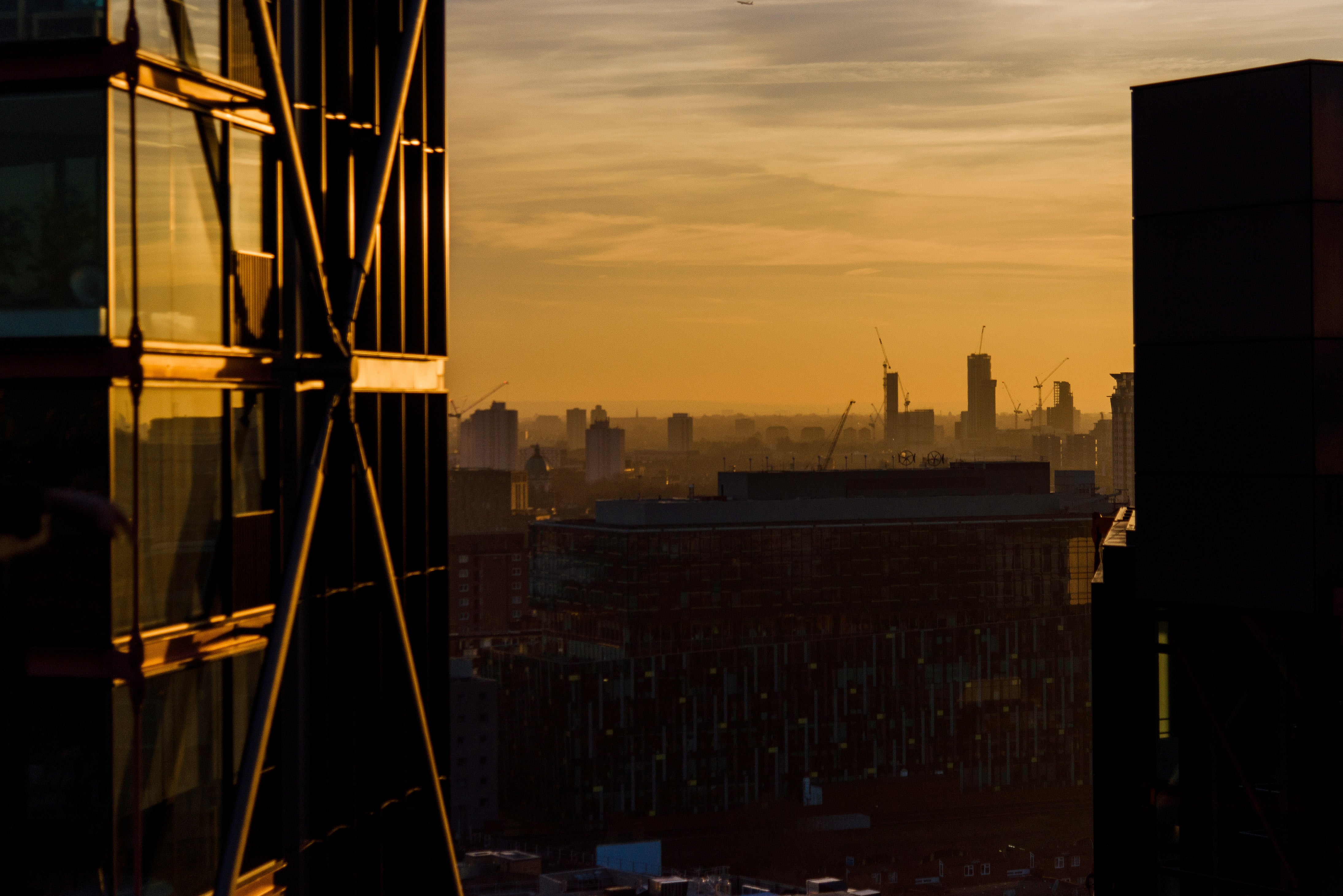
Welcome to this week’s building safety bulletin, where we look at the latest developments affecting developers, leaseholders, contractors, housing providers and anyone else interested in the UK’s building safety crisis.
1. Building safety regulator registrations
The Health and Safety Executive (HAS) has said around 750 registration applications have been sent to the Building Safety Regulator (BSR) since the process for high-rise buildings opened in April. The HSE has said there are around 12,500 high-rise residential buildings that must be registered with the new regulator by the end of September, so there’s still some way to go. New buildings completed after 1 October need be registered with the BSR before they can be inhabited.
2. Developer remediation contract
On Thursday 18 May, Regal Holdco Limited, the parent company of Regal London, became the latest developer to be added to the list of signatures to the government’s developer remediation contract, committing them to fixing life-critical fire safety defects associated with buildings (11 metres and over) that have been developed or refurbished in the last three decades. Following the decision, Regal’s Chief Executive, Jonathan Seal, said ‘voluntarily signing the pledge reinforces this commitment and will enable us to continue transforming London’s landscape and deliver high-quality, safe neighbourhoods across the city’.
Regal London’s signature takes the total number of signatories to the self-remediation contract to 48. There are three developers that have not signed up, which remains unchanged since our last update – Abbey Developments, Dandara and Rydon Homes.
3. Leaseholders debate
On 23 May, a debate on leasehold reform was held in Parliament. During the session, Lisa Nandy, Shadow Secretary of State for Levelling Up, Housing, Communities & Local Government, argued that ‘virtually every country in the world apart from England and Wales has either reformed or ended the archaic feudal’ model of leasehold and confirmed that a future Labour government would end the sale of new private leasehold houses and introduce legislation to ensure private leasehold flats become commonhold.
Last month, it was reported that the government had gone back on its promise to abolish the leasehold system, though Michael Gove was not in attendance at the debate to be questioned on this. This prompted Lisa Nandy to remark: ‘we are told that the Secretary of State was being too maximalist. We have had grumbling from Government Back Benchers that the Secretary of State is being too socialist. Downing Street has stepped in, plans are being rowed back and he is not even able to set foot in the Chamber today. It is a bit of a mess, isn’t it?’.
4. Barratt signs Scottish remediation pledge
Barratt Homes has confirmed that it has agreed to sign the Scottish Safer Buildings Accord. The Accord will commit developers to carrying out remediation work on life critical fire safety defects associated with buildings (with heights of 11m and over) that were built or refurbished in the last 30 years.
After signing the Safer Buildings Accord, Barratt said ‘we will work in good faith with the Scottish Government in order to support the remediation and/or mitigation of external wall cladding systems, where identified through a fire risk assessment, as required for in-scope buildings’.
5. Shared ownership report
A new report, by Sue Phillips (FCCA), founder of the Shared Ownership Resources website, has looked at the challenges facing shared owners in the UK’s building safety crisis, as well as problems with the shared ownership model more broadly. Issues addressed in Shared Ownership: The Consumer Report include the lack of protection for shared owners under the Building Safety Act 2022 and exorbitant service and insurance charges.


